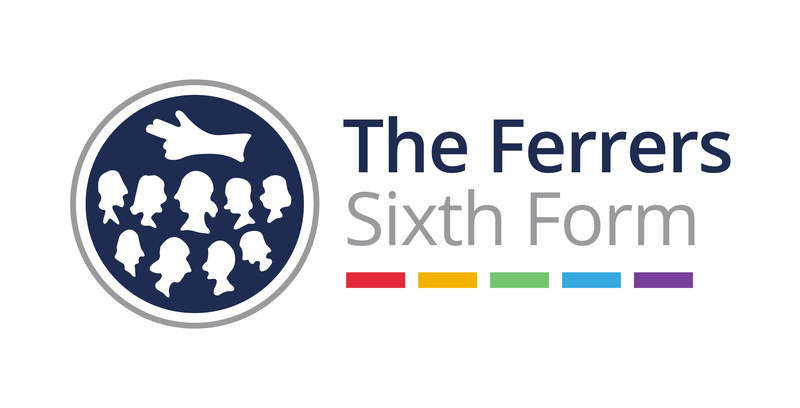
Why study A Level physics? Physics is fundamental to everything. It opens opportunities in so many areas such as science, engineering, research - indeed, any career that requires good numeracy skills. What will you study? Year 12 Much of year 12 is an extension of what you have done in Years 10 and 11. Recognisable topics like electricity, waves and mechanics extend what has been done earlier. You will be introduced to the wonderous world of fundamental particles and the Standard Model. Year 13 In Year 13 new topics are introduced: simple harmonic motion; gravitational, electrical and magnetic fields. An extra topic, Astronomy, is taught at the end of the course.
You will need and APS of 5.5+, as well as a 6 in GCSE physics or 6/6 in GCSE trilogy science. You should have at least a grade 6 in GCSE mathematics.
At the end of the two years, you will sit three exam papers covering Year 12 topics, Year 13 topics and a practical skills paper. Your practical skills are also assessed separately and, if successful, you will receive a practical endorsement.
About Education Provider
| Region | East Midlands |
| Local Authority | North Northamptonshire |
| Ofsted Rating | Good |
| Gender Type | Co-Educational |
| Address | Queensway, Higham Ferrers, Rushden, NN10 8LF |
Why study A Level physics? Physics is fundamental to everything. It opens opportunities in so many areas such as science, engineering, research - indeed, any career that requires good numeracy skills. What will you study? Year 12 Much of year 12 is an extension of what you have done in Years 10 and 11. Recognisable topics like electricity, waves and mechanics extend what has been done earlier. You will be introduced to the wonderous world of fundamental particles and the Standard Model. Year 13 In Year 13 new topics are introduced: simple harmonic motion; gravitational, electrical and magnetic fields. An extra topic, Astronomy, is taught at the end of the course.
You will need and APS of 5.5+, as well as a 6 in GCSE physics or 6/6 in GCSE trilogy science. You should have at least a grade 6 in GCSE mathematics.
At the end of the two years, you will sit three exam papers covering Year 12 topics, Year 13 topics and a practical skills paper. Your practical skills are also assessed separately and, if successful, you will receive a practical endorsement.